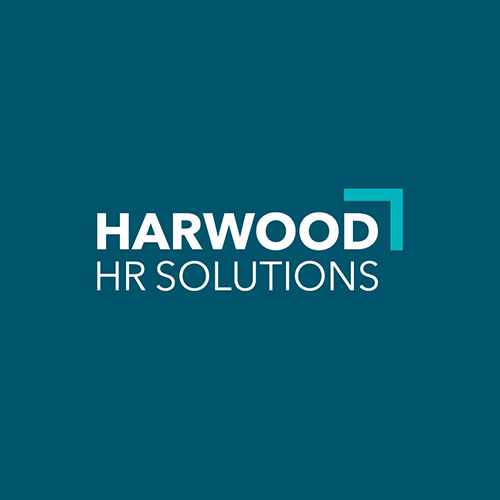I am often asked “what’s better, working for somebody else or working for yourself”? In truth it really does depend on what day / week it is but I have had this conversation so many times now that I almost have a prepared answer. From my perspective:
Benefits of Corporate world (in no particular order).
You are guaranteed a payment at the end of each month.
Employee benefits are available for you.
Your workload and day is decided for you (albeit this depends on your position, and I suppose you may not see this as a benefit).
You have consistency of work pattern (you typically work Monday to Friday and leave / return home at consistent times).
You don’t necessarily have to be that good to earn great money. Some people are just great at climbing the slippery pole by being a great magpie or by getting cherry blossom poisoning (from kissing too many shoes – quote from grandad off Only Fools and Horses).
You can go on holiday or be sick without your workplace falling apart.
You can just concentrate on what you are good at. For example, if you work in HR, you haven’t also got to be head of Sales, Marketing, Accounts and PR.
Benefits of Working for yourself (again in no particular order).
You set your own agenda and earning targets that deliver your view on what is considered a success.
You are not judged by corporate colleagues by what your perceived salary is, company car level or whether you have an exec car park space.
You are not overlooked for promotion, because you refuse to tell people what they want to hear or play the macho game of “look how many hours I’m working”.
You don’t have to invite management consultants into your business so that you can be interviewed about your role and the company and then watch open mouthed as they present “their” findings that you have presented countless times before, but have been over embellished with unachievable targets, that you are now expected to deliver.
You have flexibility to decide your own work pattern and work-life balance (If you can get your head around it and stay disciplined).
You can choose who you want to work with and do business with. No more putting up with Mr. / Mrs. Knob Head. You shouldn’t need to “watch your back” constantly just in case a so-called work colleague is preparing to “throw you under a bus”.
Contrary to popular belief, as long as you are patient, you work hard and offer a first-class service you will never have better job security. After all you are not going to sack yourself! Gone are the days of corporate comfort and coasting into retirement without any fear of being made redundant, or forced out as your face now doesn’t fit with the new boss.
Oh and then there’s not having to fear the dreaded Private Equity acquisition where you get sold the standard “we will invest in the business and support its growth” and then on day 2 (despite you knowing it is going to happen) you are left surprised by the fact that they don’t actually know what they have bought ,or the standard and brutal cost cutting exercise commences where they don’t simply slice off the fat, they start to remove the bones.
Lastly, you have the chance to make your fortune! Whether it’s building a business for the long term handing it through your family or building a business to sell it and set you and your family up for life that fact is it’s in your hands!
The effort you put in has a direct correlation to what you take out! (oh, and you also need a bit of luck along the way).
Author: Duncan Turner








